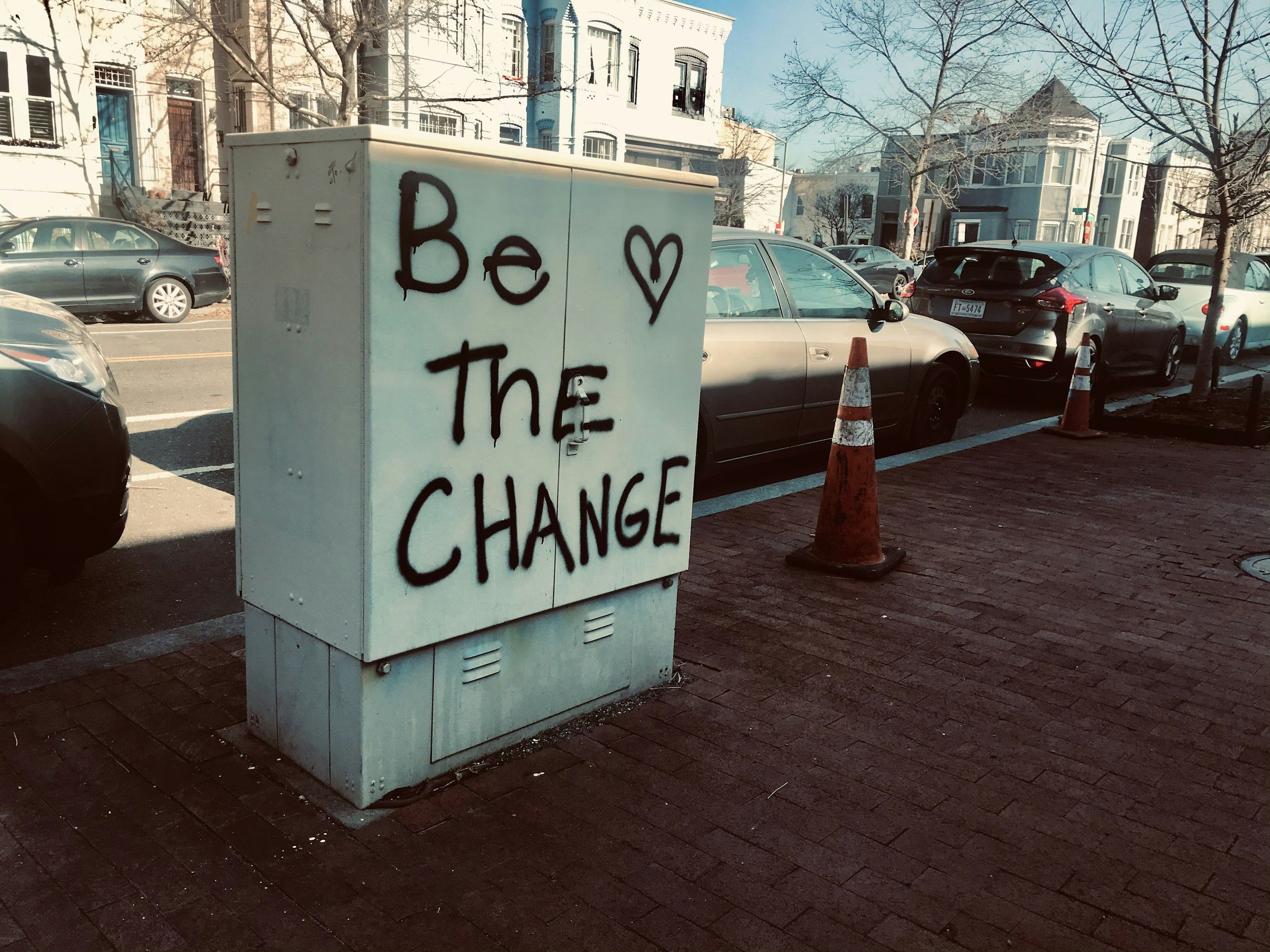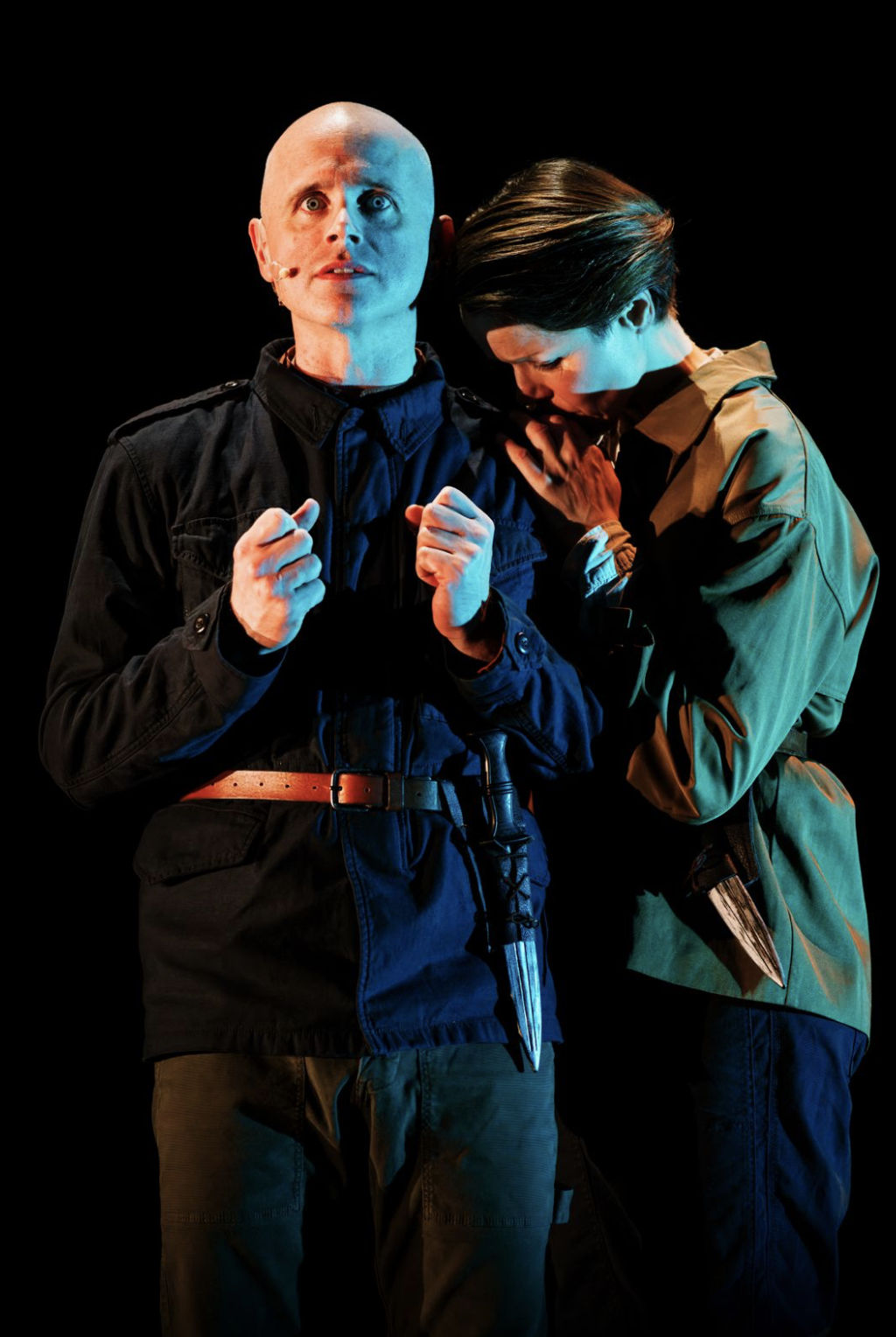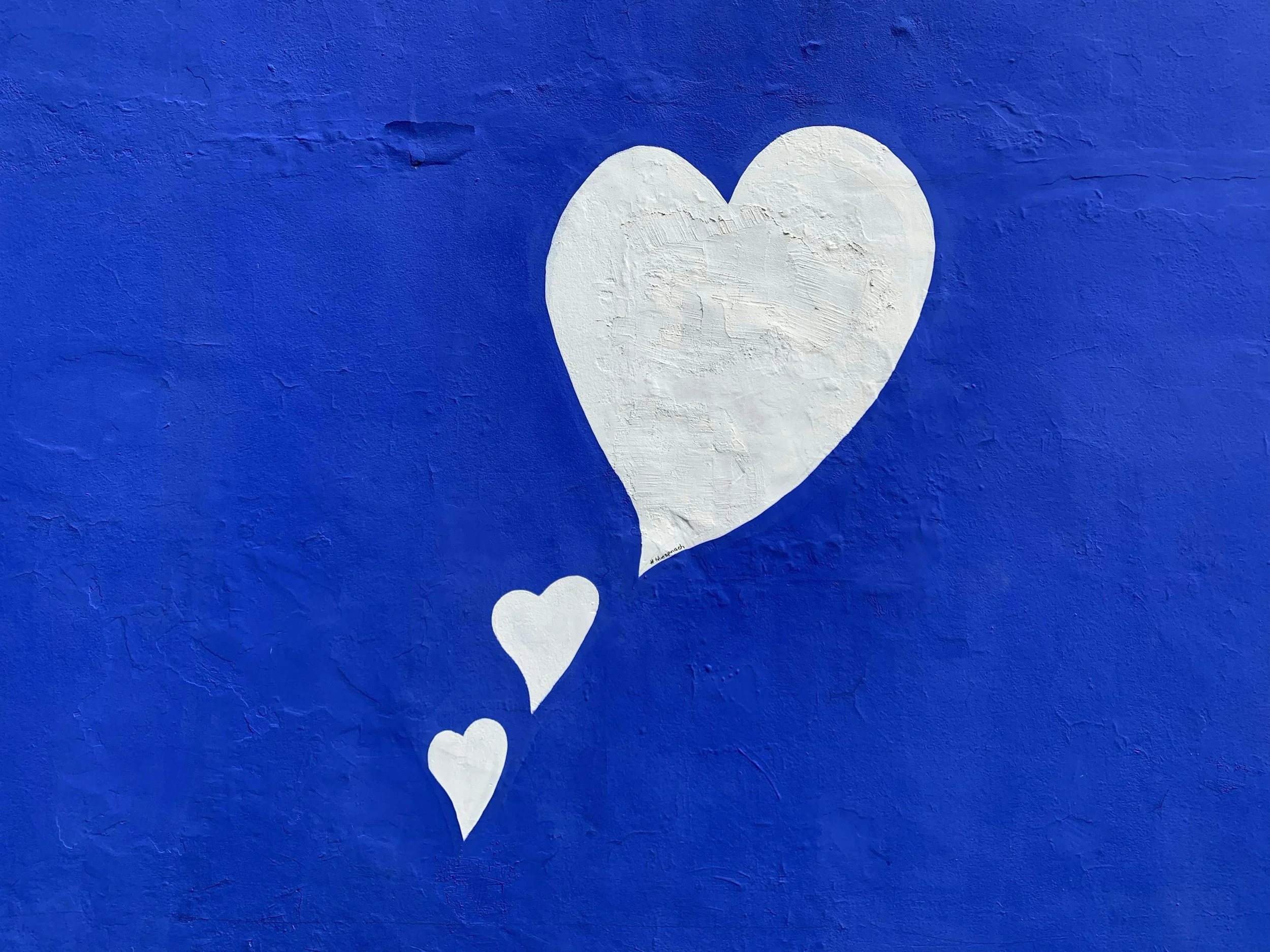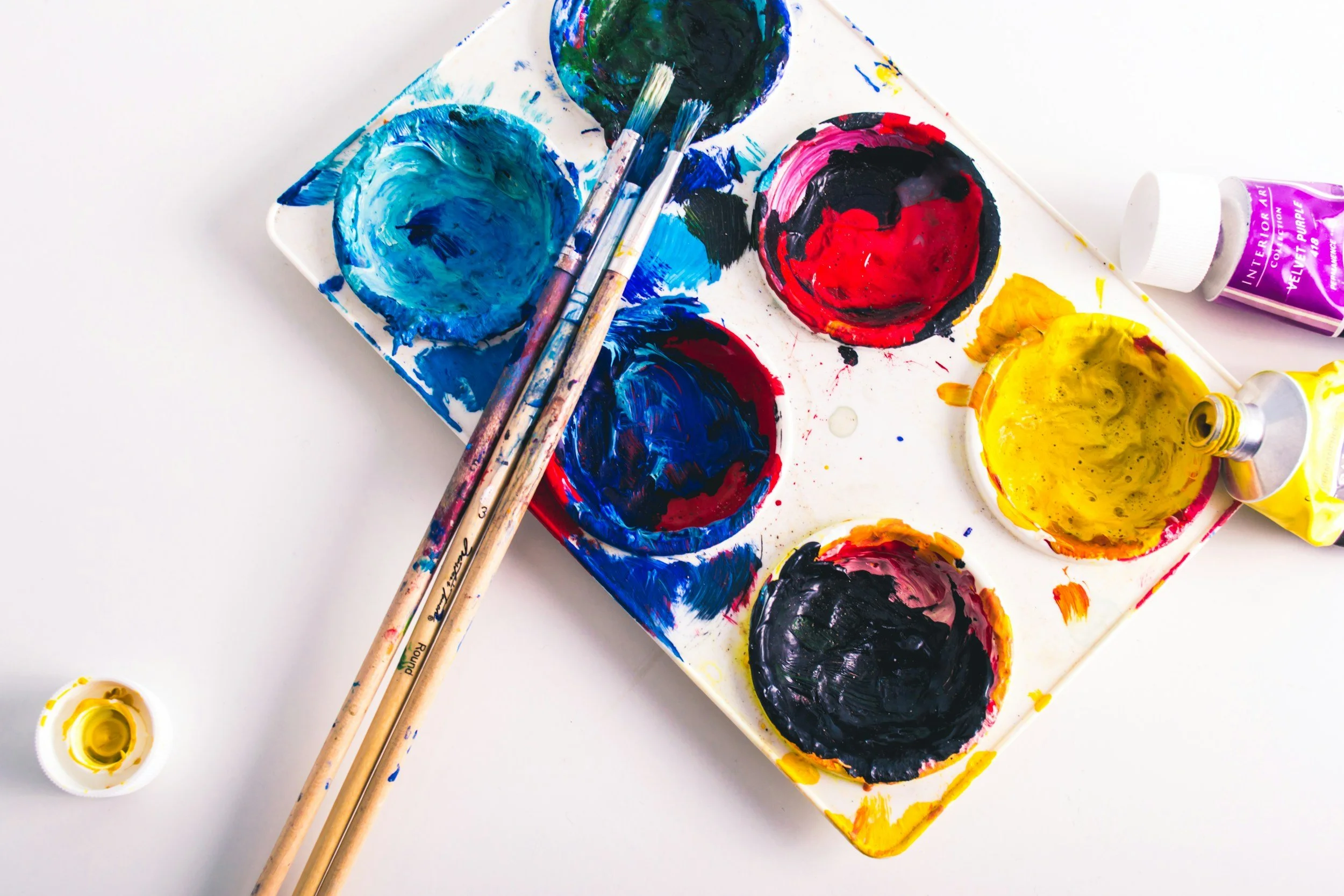Heroines and the ‘Male Gaze’
Consider 2 movies and a TV show; ‘Hercules’, ‘Enola Holmes’ and ‘Marvelous Mrs. Maisel’. Random collection or the sum of my May’s TV experience? For argument's sake let’s go with the latter. I began watching completely unaware of the link but looking back, I realise the connection is actually stark.
All feature a woman who has subconsciously revealed a part of their reality that will end up having much bigger consequences than they realise. These women notably, Meg, Enola and Midge Maisel, show how ingrained and unchallenged the ‘male gaze’ has been in our lives. Without realising, these three women have affirmed how male-created-knowledge has existed not as one version of truth but as absolute truth. These women speak and act through this mould of the ‘male gaze' because that is how society has conditioned humans to live.
““The ‘gaze’ is a term that describes how viewers engage with visual media… and suggests a sexualised way of looking that empowers men and objectifies women. In the male gaze, woman is visually positioned as an ‘object’ of heterosexual male desire” ”
The male gaze exists as the frame for which life expressed through media has been both built upon and looked through. Laura Mulvery, a British feminist and film theorist, discusses the male gaze and how women have been presented in cinema for the pleasure of men.
How what women wanted was largely irrelevant. Women were not the makers of meaning, but the bearers of them. Women held meaning through politics of sex, which also transcends the screen by touching and highlighting our own social reality. Laura explains how only men in cinematic tradition and in patriarchal cultures are awarded full humanity and the full capacity to make decisions and create culture.
Meg, Enola and Midge Maisel all live their life through this social understanding. So what are the consequences? How about the fact that many parts of their reality, though it may be fictional, reflect our own.
Meg
Let’s start with Hercules. The son of a God and a powerful hero who tragically loses his power to Hades and has to consequentially live as a commoner. Hercules then miraculously ends up being trained by the trainer of Gods and devotes his life to saving people. Most important of these people being Meg. Meg is Hercules’ love interest who is also enslaved by Hades.
A powerful woman who is able to win her own battles but is never given the chance to. When Meg is first introduced, she is fighting a centaur and Hercules immediately becomes infatuated by her strength and beauty. This is followed by him stepping in and rescuing her anyways because she is a woman and that is what men do. She describes the event by saying;
“Oh, well you know men, they think ‘no’ means ‘yes’ and ‘get lost’ means ‘take me I’m yours’.”
A funny, backhand comment that actually has wider implications. Meg doesn’t realise as she’s saying this, that she is describing a male-dominating phenomenon. She is affirming male absolute truth. ‘No’ can only mean ‘yes’ to a certain type of human who has enjoyed a world where ‘yes’ is always possible.
Enola Holmes
Similar to Meg, Enola Holmes is another powerful, female figure, and the leading heroine in the film. Being recognised as a heroine is however not an easy process. Both Meg and Enola struggle with patriarchal dominance, which is highlighted in Enola being forced to live in the shadow of her brother, Sherlock Holmes.
Sherlock does not take Enola seriously and discourages her on her mission to find their mother, not realising she has been part of the suffragettes. Sherlock later speaks to Edith, another suffragette who is friends with Enola trying to figure out how he can find her. Edith explains to Sherlock that Enola is fine on her own and does not need male assistance, which Sherlock struggles to believe.
“You don’t know what it is to be without power. Politics doesn’t interest you....because you have no interest in changing a world that suits you fine”
Referring to the enjoyment of patriarchy and male dominance that becomes so unquestioned because men do not know any different. ‘Enola Holmes’ creates a world where women become crucial elements in gender equality and social change. It depicts a heroine intertwined in a complicated array of male voices and orders and how she works to rise above them. Voices that tell her she’s “being emotional… understandable but unnecessary”.
This comment is also part of the male gaze because it is part of the vision that sees women as emotional with no true capabilities.
Midge Maisel
Finally, Marvelous Mrs. Maisel. Another heroine and an extremely capable and talented woman. But in spite of her capabilities, she is robbed of the social mobility and freedom she deserves as she lives in a ‘man’s man’s world’ (thank you, James Brown). Midge wants to be a comedian, which as we all know, involves vulnerability and (often) coarse language; not the easiest career path for a woman in the 1950s.
Comedy is also a window into social reality, which Midge uses as a platform to showcase the truth about her life as a Jewish woman in New York City. In one of the episodes, Midge talks to Lenny Bruce who is angry about the challenges of a career in comedy, “I’m Sisyphus, without the fabulous hair and the loincloth, pushing that boulder up the hill over and over and over” to which Midge responds:
“Try it in heels”.
If Lenny thinks being a comedian is difficult, imagine being a female comedian! Midge is subjected to objectification throughout the show because she is a woman saying real things about real people that they’re scared to hear... because they know it’s true.
In Midge’s first gig, she talks about how her husband left her for his secretary; “I’m not naive, I know that men like stupid girls”. A powerful line because for decades in cinematic and real-life history, women have been reduced to ‘stupid’ with no power to make decisions or create culture. The mere bearers of meaning with a man on their arm to guide the way. Midge dwells on this irony through her strength and intellectual capability throughout the show.
This is not (though it may seem like it) a hate post against men. It is a mere recognition of the power film, TV and media have in expressing both consciously and subconsciously, our social world.
And the thing with film and TV is that they are extremely accessible forms of media that humans crave. Forms of media that become so prominent in our understanding of many social phenomenons beyond our average socialisation processes such as school and what we learn from parents.
There is a lens through which varying forms of media can tell stories. Media can depict men as heroes, but these same men can also become villains if the media platform so chooses. I am urging us all to be reflexive about what we see. Media, adverts, film and TV are everywhere, some closely representing aspects of social life and some working through distorted versions of truth.
We can decide our own truth beyond these platforms. We are not always damsels in distress, but full-blown heroines when we want to be - don’t let the media decide.
Further Reading
Loreck, Janice. 2016. The Conversation. "Explainer: What does the 'male gaze' mean, and what about a female gaze?
Help us keep the City Girl Network running by supporting us via Patreon for the price of a cheap cup of coffee - just £2 a month. For £3 a month you can also get yourself a Patreon exclusive 10% off any of our ticketed events! You can also support us by following us on Instagram, and by joining our City Girl Network (city wide!) Facebook group.
Written By Rebecca Maxwell











